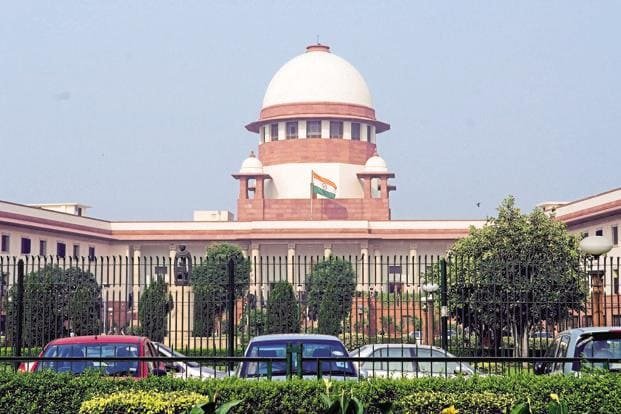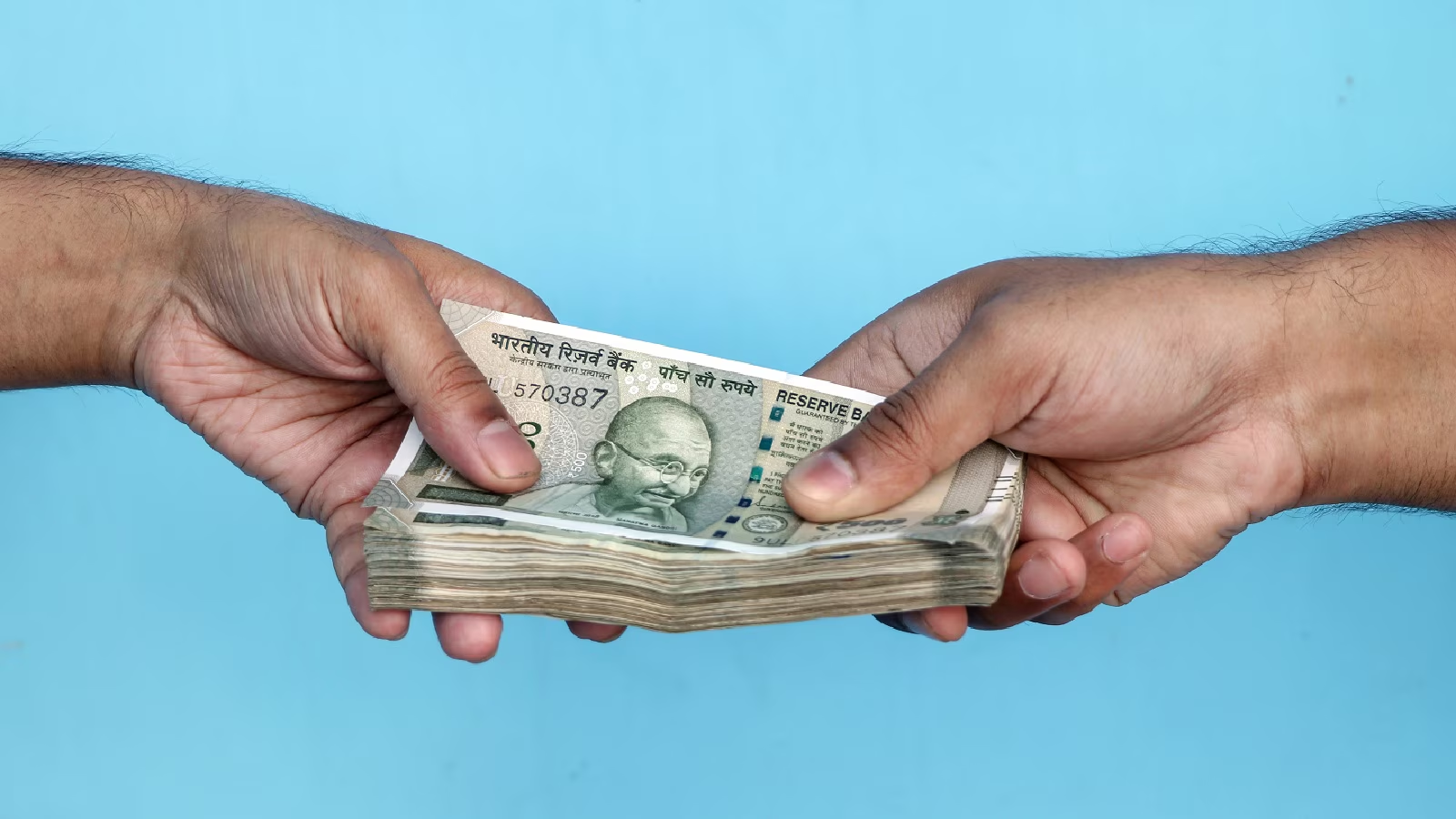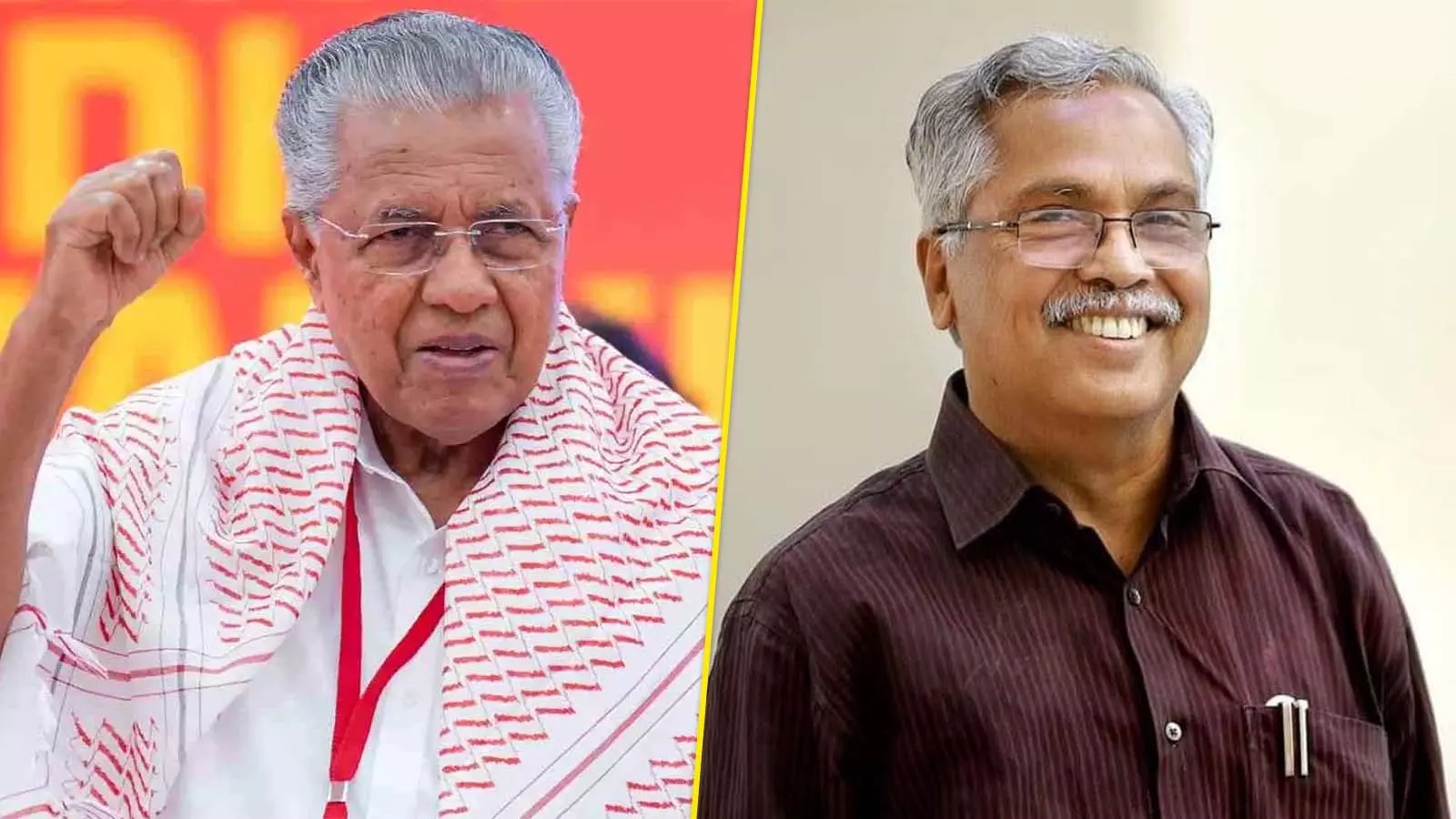Why in the News?
- Justice M.M. Sundresh of the Supreme Court recently remarked that the time has come to “decriminalise criminal defamation”, expressing concern over its growing misuse by individuals and political groups.
- This remark comes in the backdrop of multiple cases where politicians and journalists have faced criminal defamation summons, raising questions on whether the law is being used to protect reputation or to suppress dissent.
- The observation reopens debate on the 2016 Subramanian Swamy v. Union of India judgment, where the Supreme Court upheld the constitutional validity of criminal defamation.
Key Highlights
- Background: 2016 Judgment
- In Subramanian Swamy v. Union of India (2016), the Supreme Court upheld the constitutional validity of Sections 499–500 of the IPC (criminal defamation).
- The Court held that reputation is a facet of the right to life under Article 21 and that criminal defamation is a reasonable restriction on free speech under Article 19(2).
- Present Concern: Judicial Observation
- On September 22, 2025, during the hearing of a petition filed by the Foundation for Independent Journalism (The Wire), Justice Sundresh orally remarked that “time has come to decriminalise”
- The petition challenged a criminal defamation summons filed by a former professor against the media platform and its journalist.
- Context: Political Leaders and Defamation Cases
- In recent years, Rahul Gandhi faced multiple criminal defamation proceedings for his remarks on political leaders, ideologies, and even international issues.
- The Supreme Court frequently stayed these proceedings, cautioning that courts should not be used to settle political scores.
- Similarly, Shashi Tharoor received relief when the Supreme Court stayed proceedings against him in a case linked to his controversial remarks.
- Recent Judicial Approach
- The Court has repeatedly emphasized that criminal defamation cases must be judged by the standards of strong and reasonable individuals, not by sensitive or partisan perspectives.
- In March 2025 (Imran Pratapgarhi case), the Supreme Court reiterated this principle, highlighting that criticism should not automatically amount to criminal defamation.
- Current Legal Question
- Justice Sundresh’s observation reopens the debate: Should defamation by a private person against another private person be treated as a crime, especially when no public interest is served?
- This question may require reconsideration by a larger constitutional bench, potentially paving the way for decriminalisation.
Key Terms
- Criminal Defamation (IPC Sections 499–500)
- Defined as making or publishing statements that harm a person’s reputation with intent.
- Punishable with imprisonment up to 2 years, fine, or both.
- Requires proof of mens rea (intention to harm).
- Distinct from civil defamation, which only involves monetary damages.
- Criticised globally as a tool to curtail dissent and press freedom.
- Subramanian Swamy v. Union of India (2016)
- Landmark judgment where SC upheld criminal defamation.
- Recognised reputation as part of Article 21.
- Defamation listed as a reasonable restriction under Article 19(2).
- Seen as a setback for free speech advocates.
- Still remains the binding precedent.
- Article 19(1)(a) and 19(2)
- Article 19(1)(a): Guarantees right to freedom of speech and expression.
- Article 19(2): Permits reasonable restrictions, including defamation, public order, morality, and security of the State.
- Balances individual liberty with community interests.
- Provides legal basis for regulating speech in India.
- Key provision in debates on press freedom and censorship.
- Article 21 (Right to Life and Personal Liberty)
- Protects life and liberty of every person in India.
- Judicially expanded to include dignity, privacy, and reputation.
- Serves as a foundation for progressive rights jurisprudence.
- Balances with Article 19(1)(a) during conflicts between speech and reputation.
- Used by SC to justify criminal defamation’s existence.
- Civil vs. Criminal Defamation
- Civil Defamation: Seeks monetary damages, no imprisonment.
- Criminal Defamation: Can result in jail term and fine.
- Civil suits are slower but less intimidating; criminal cases create deterrence but risk misuse.
- Many democracies have abolished criminal defamation.
- Debate continues in India over whether both systems should co-exist.
Implications
- For Law and Justice System
- If criminal defamation is decriminalised, Sections 499–500 of the IPC may need to be amended or repealed.
- The shift would move defamation entirely into the civil law domain, thereby reducing the burden on criminal courts.
- For Freedom of Speech
- Decriminalisation would strengthen freedom of speech under Article 19(1)(a) by reducing the chilling effect on journalists, activists, and political leaders.
- Citizens would be freer to participate in robust public debate.
- For Protection of Reputation
- Critics argue that without criminal deterrence, an individual’s right to reputation under Article 21 may weaken.
- Civil remedies alone may not be sufficient, particularly when damages are difficult to enforce.
- For Politics and Media
- It would prevent the weaponisation of criminal law to harass political opponents and media houses.
- This would help restore public trust in courts as neutral arbiters.
- For Future Jurisprudence
- The observation signals a possible shift in judicial thinking since 2016.
- A constitutional bench review could redefine the balance between free expression and protection of reputation in India.
Challenges and Way Forward
| Challenges | Way Forward |
| Balancing free speech with reputation rights | Shift to civil defamation with strong enforcement mechanisms and faster trials. |
| Misuse of criminal defamation for political vendetta | Courts should impose preliminary scrutiny before admitting complaints. |
| Overburdened judiciary due to frivolous defamation cases | Promote Alternative Dispute Resolution (ADR) and mediation in reputation disputes. |
| Civil defamation seen as weak remedy | Strengthen civil damages enforcement and allow time-bound compensation orders. |
| Lack of clarity on constitutional position | Refer issue to a larger bench for authoritative interpretation on decriminalisation. |
Conclusion
The debate on criminal defamation lies at the intersection of freedom of speech and the right to reputation. While the 2016 judgment upheld its validity, the rising misuse of the law for political and personal vendetta has reignited calls for reform. A calibrated shift towards civil remedies may help India strike a better balance between protecting reputation and safeguarding free expression.
| EnsureIAS Mains Question Q. “The debate on criminal defamation in India highlights the tension between freedom of speech and protection of reputation.” Critically analyse whether India should move towards decriminalisation of defamation. (250 Words) |
| EnsureIAS Prelims Question Q. With reference to criminal defamation in India, consider the following statements: 1. The Supreme Court in Subramanian Swamy v. Union of India (2016) upheld the constitutional validity of criminal defamation. 2. Defamation is defined under Sections 499–500 of the Indian Penal Code (IPC). 3. Reputation is considered part of the fundamental right to life under Article 21. 4. Criminal defamation has been abolished in India by the Supreme Court’s 2025 observation. Which of the statements given above are correct? a) 1, 2 and 3 only Answer: a) 1, 2 and 3 only Explanation: Statement 1 is correct: In 2016, the Supreme Court upheld criminal defamation as a reasonable restriction under Article 19(2). Statement 2 is correct: Defamation is covered under IPC Sections 499–500. Statement 3 is correct: Reputation has been recognised as part of Article 21 (right to life and dignity). Statement 4 is incorrect: The 2025 observation by Justice Sundresh is an opinion, not a legal abolition of criminal defamation. |
Also Read | |
| UPSC Foundation Course | UPSC Daily Current Affairs |
| UPSC Monthly Magazine | CSAT Foundation Course |
| Free MCQs for UPSC Prelims | UPSC Test Series |
| ENSURE IAS NOTES | Our Booklist |





